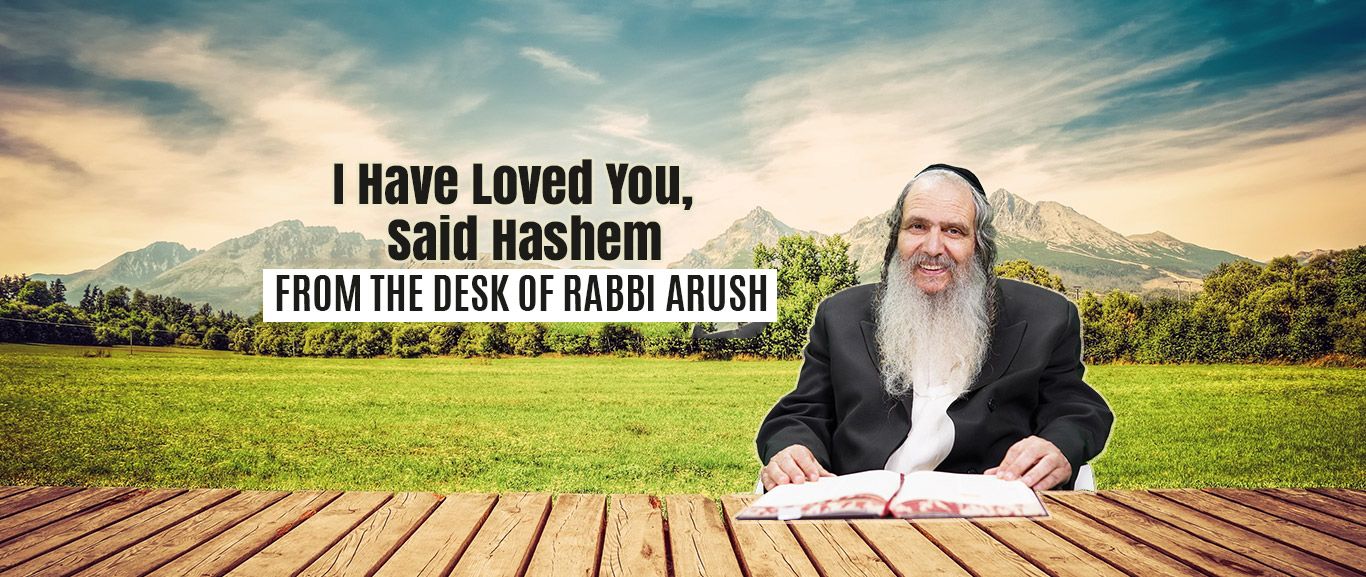
I Have Loved You, Said Hashem
A secular Arab Affairs Israeli reporter was in constant contact with a leader of Arab terrorists. The Arab's frank words about Jews to the reporter completely upended him, to the point of him doing teshuvah. A true story that helps us examine our level of emuna and quality of life.

Translated from Rabbi Arush’s feature article in the weekly Chut shel Chessed newsletter. The articles focus on his main message: “Loving others as yourself” and emuna.
Arabian Nights
While playing a dangerous game as an Arab Affairs reporter, Tzvi Yechezkeli was in constant contact with bloodthirsty terrorists. And one day he received a blow that destabilized his life – but he turned it into a Jewish victory: He delivered a counter strike. What he said should destabilize our lives.
The story of Tzvi Yechezkeli’s teshuva is well known, even famous. During one of his talks with one of the leaders of these Arab murderers, he – who at the time was completely secular in his approach – introduced himself as a cosmopolitan, lacking any Jewish identity. The terrorist then said to him: “It doesn’t matter how you define yourself; for us you are all Jews, and when I murder you, I will say, ‘I killed a Jew’, because we want to kill all of you, from the most extreme charedi (Ultra-Orthodox Jew) to the biggest secular leftist and lover of Arabs…”
These frank words of the evil murderer that landed on the reporter were a tremendous blow and his inner world was shaken up. But he turned this strike into victory: He connected with his Jewish identity, and came closer to the Creator of the World, to Rabbi Nachman’s ideas, and to the power of the hitbodedut!
After a journey of years in the world of teshuva and emuna (faith), it was Tzvi Yechezkeli’s turn to surprise the other side with a counter blow. In one of his talks with a famous terrorist and a pious Muslim, who possessed broad self-awareness and religious knowledge, Yechezkeli said casually that he is going to speak with G-d.
The Muslim terrorist’s jaw dropped. “What?! You can talk to Hashem?!” He had never heard of such an idea in his religion, which is all about din – strict justice.
Tzvi Yechezkeli replied: “We are Hashem’s children, and as such we have the ability to speak to Hashem as one would speak to a friend and a son to his father, on a regular basis, in our words, and to experience a deep and loving personal connection with the Creator.”
Yechezkeli says that this point attracted and aroused the curiosity of the Arabs he met over the years. As religious Muslims, their lives are all about belief in G-d and serving Him: They feel completely committed to G-d to the point of being willing to die for Him; they fight for Him, are willing to give their all to him, to kill in His name even their own daughters and sisters, to pray to Him five times a day. But a personal connection? To speak to Him freely? To love the Creator?? All this was completely foreign to them.
Because in the religious world of the Arab, the admiration they feel towards G-d is so great – “G-d is great”, they shout day and night – and He Himself is so great that there is no room for love and connection and attachment to the Creator. Hashem is an awesome, supreme king, but in no way is He a loving and merciful father.
In His Love and Mercy, He Redeemed Them
In the previous article we wrote that that is precisely Judaism’s great message! This is the tremendous novelty of Judaism! This is the pnimiyut (internal sense) of the pnimiyut of faith!
We will explain this statement in a minute, but before that I think it’s important to emphasize that our entire life depends on knowing that! Our entire Geula (Redemption) depends on that! Both personal redemption and national redemption!
And for years I have been shouting this to all Jews! And I have been shown repeatedly by Heaven that this knowledge changes a person’s life for the good! And I have also been shown repeatedly by Heaven that without this knowledge the emuna is severely lacking – in fact, it is dead! It becomes the emuna of Arabs, of non-Jews!
Because knowing that Hashem loves you and that the love is mutual is not only the heart of Judaism, not only the central thing and the central goal that we should have before our eyes, and not only a component of emuna that makes it complete; it actually has a tremendous influence on our daily lives, with ramifications that include happiness, mental health, joy – all our thoughts!
Whoever understands this point and internalizes it truly – and we all must internalize it – simply lives a completely different life. Take two truly G-d fearing Jews who are particular about every mitzvah, big or small. It is hard to see any external difference between them. But the one who feels love and connection with the Creator is a tzaddik vetov lo – a righteous person who has a good life; and he who lacks that feeling is a tzaddik vera lo – a righteous person who suffers.
And now, let’s explain all this. Clearly, G-d is immense and awesome, holy and distant in His essence, great, mighty, and awesome. All non-Jews believe that.
But we have an additional level: Hashem is also a father: “You are children of Hashem, your G-d”! Hashem loves us like a father loves his child! When Hashem yitbarach takes care of us and watches over us and carries us, it is “like a person carries his child”; and, also when He chastises us, it is “like a person chastises his child.” Here, too, there is a tremendous revelation of love. Many pesukim tell us that Hashem is a G-d that loves us, desires us, wants us.
Everlasting Love
I wrote and called out ceaselessly: Hashem loves you! Hashem loves every Jew! It is without question, and it is without doubt as well as unchangeable. It is a reality!
Dear Jews, say to yourselves, say to your children again and again: Hashem loves us. Hashem is a merciful father. Hashem does only good to us and will do only good and even better.
Our holy Sages arranged for us to say a blessing morning and evening, in which Hashem’s Name and the fact of His being the King are mentioned explicitly: “You have loved us with everlasting love!” Hashem loves us. A full bracha (blessing) is an absolute truth – not a changing reality, chalila. Nothing in the world will change it!
All our prayers should be only about this: “Creator of the World, grant us the knowledge that You love us!”
And therefore, in the blessing of chonen hada’at (He Who grants understanding), I brought various commentaries to this bracha in various areas of our lives, and of them three explanations deal only with Hashem’s love for us all the time and in any situation, and with the matter of the complete emuna that Hashem yitbarach does only good and will always do only good!
Take the most prominent evil person you know; take, as an example, one of the greatest haters of Torah and Judaism of our generation and imagine him deciding one fine day to get up in the morning and to daven (pray) Shacharit (the morning prayers). He dons tefillin and starts to recite the bracha of yotzer or (He Who created light), and suddenly he reaches the next blessing – Ahavat olam. And he asks in all seriousness: “What? Hashem loves me too? I too can say that?” He calls up one of the halacha hotlines and asks the rabbi if he is permitted to say this – isn’t it considered to be a lie, and is it true that Hashem loves him? What answer will he receive? What will the rabbi say? The rabbi will tell him: Of course! Of course, he may and must recite this blessing, mentioning Hashem’s Name and the fact of His being the King explicitly.
Why? Because a son always remains a son! In any case [Yisrael] are called children! And Hashem is always the father. And a father always loves you! Even if you have fallen, and even if you have sinned and even if you have done what you did! Your good Father in Heaven always wants your teshuva and always wants you and desires you and awaits every word from you and every thought of teshuva and every good deed of yours. Hashem loves you and is always proud of you!
And just like the terrorists and the people on the most-wanted list awakened love in Tzvi Yechezkeli and reminded him who he is and how much Hashem loves him, so too, a person who is capable of deep understanding knows that all the fearsome curses written in our parasha are revelations of love, for “For Hashem rebukes whom He loves, as a father does a son he likes.” May Hashem overturn everything, making it all good and blessings.



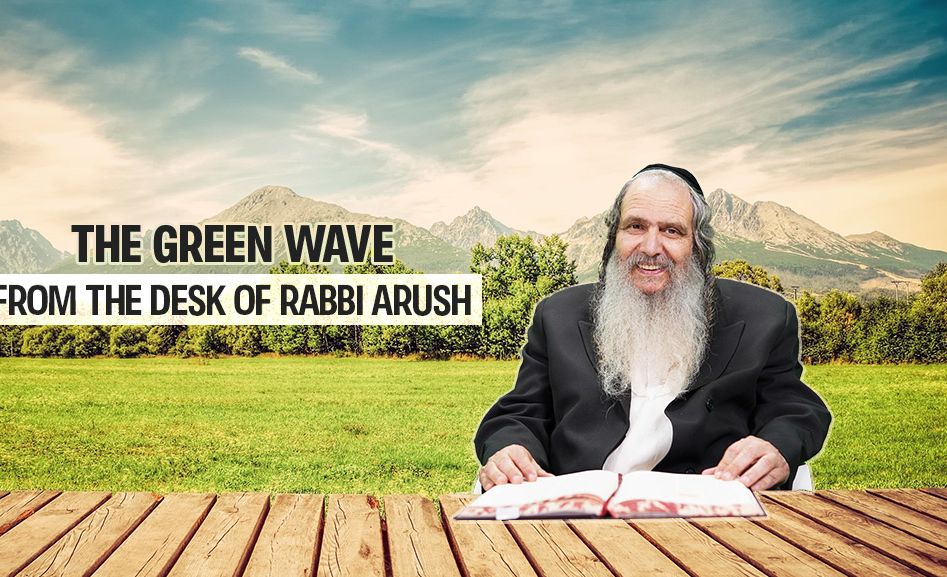
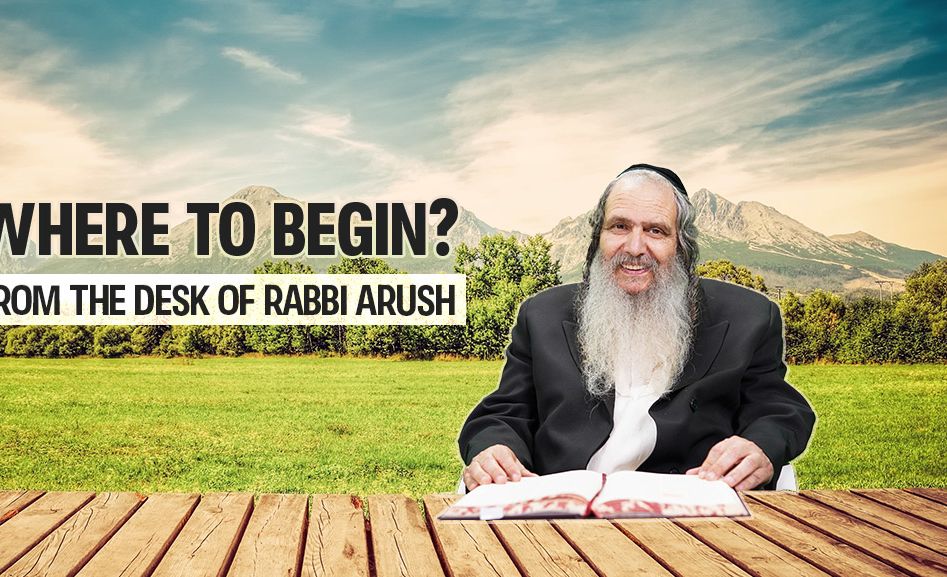
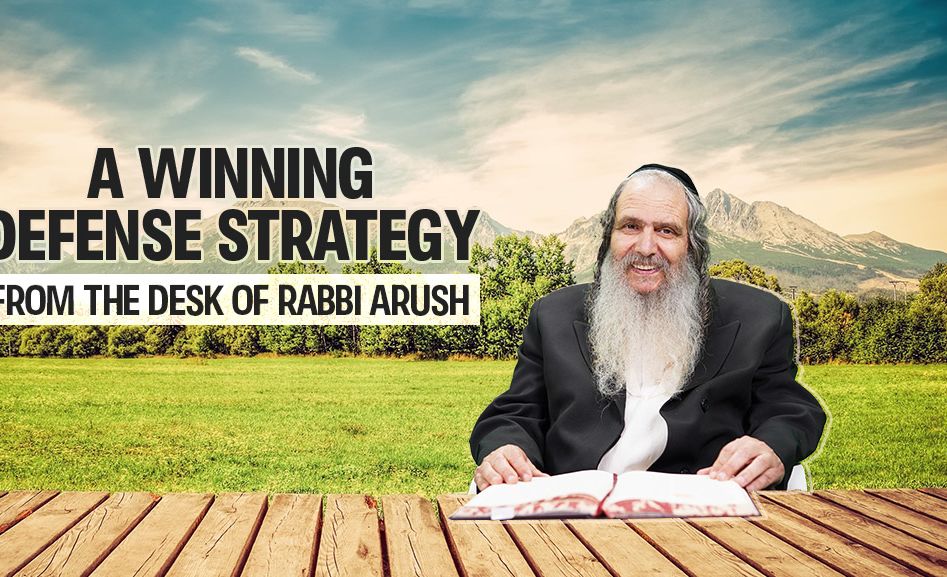



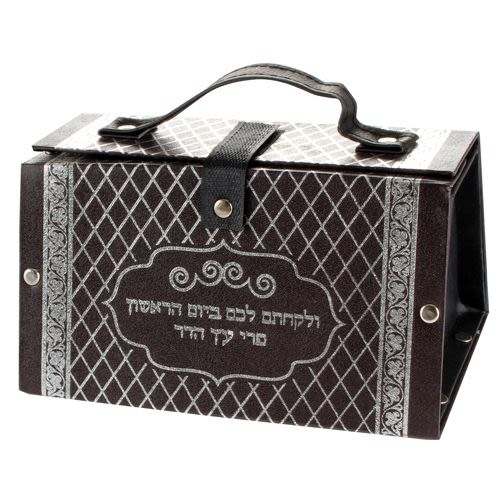

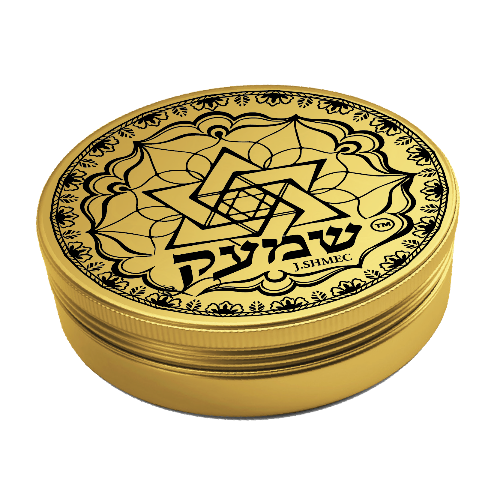
Tell us what you think!
Thank you for your comment!
It will be published after approval by the Editor.